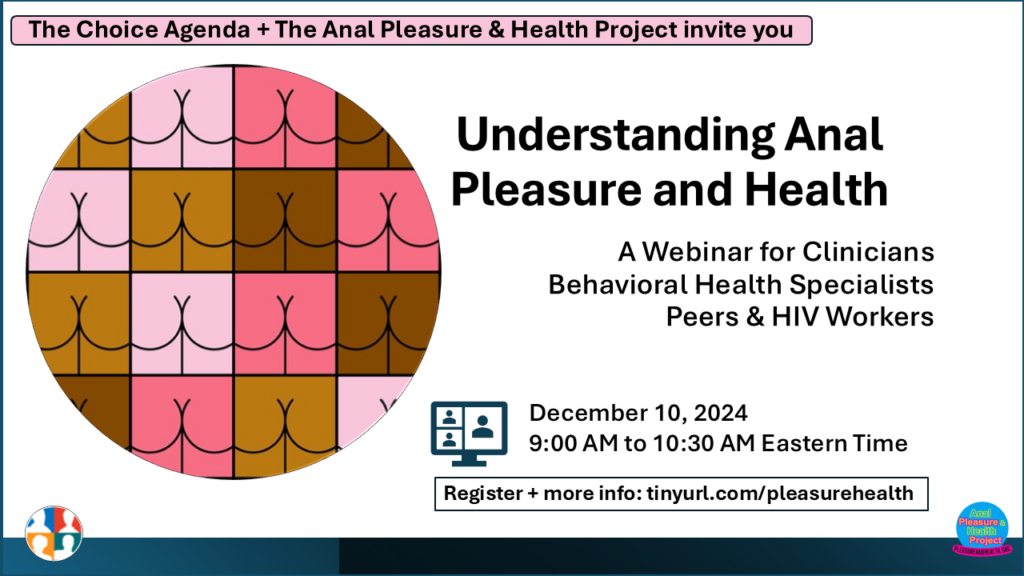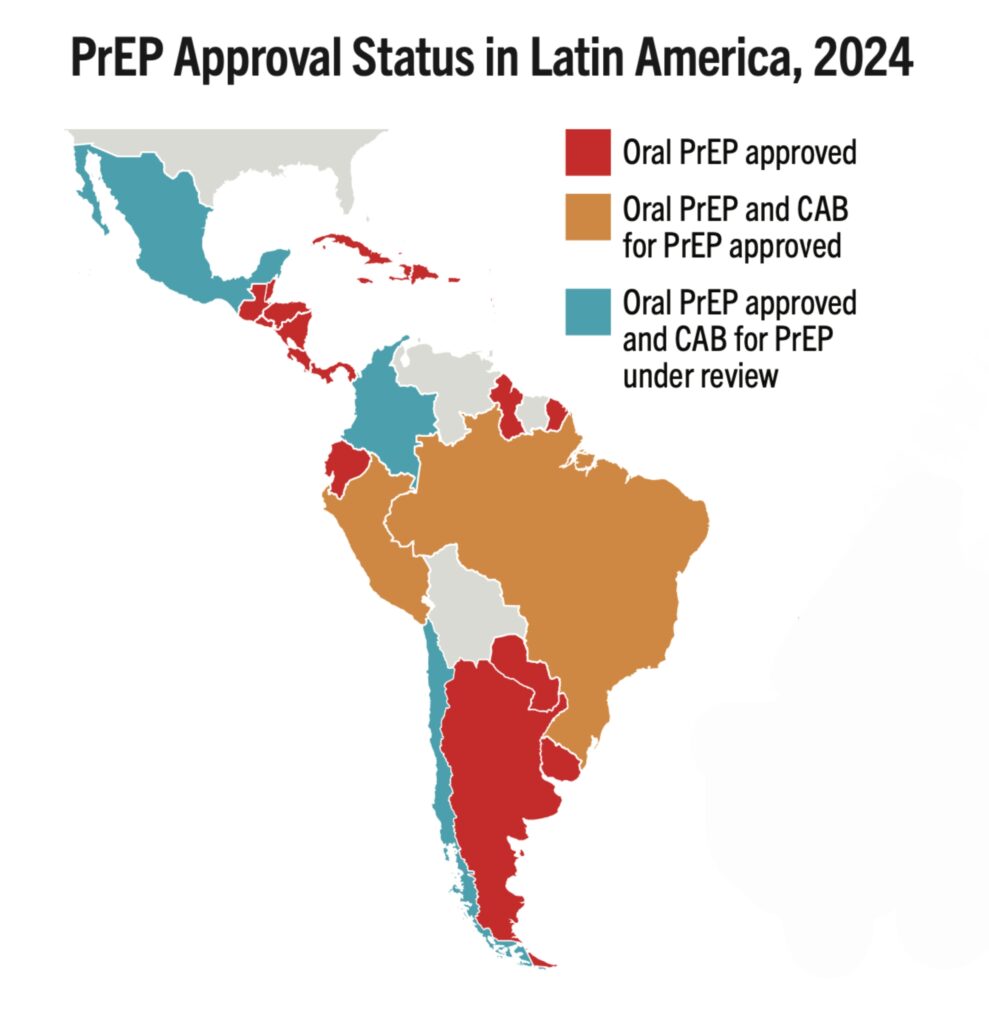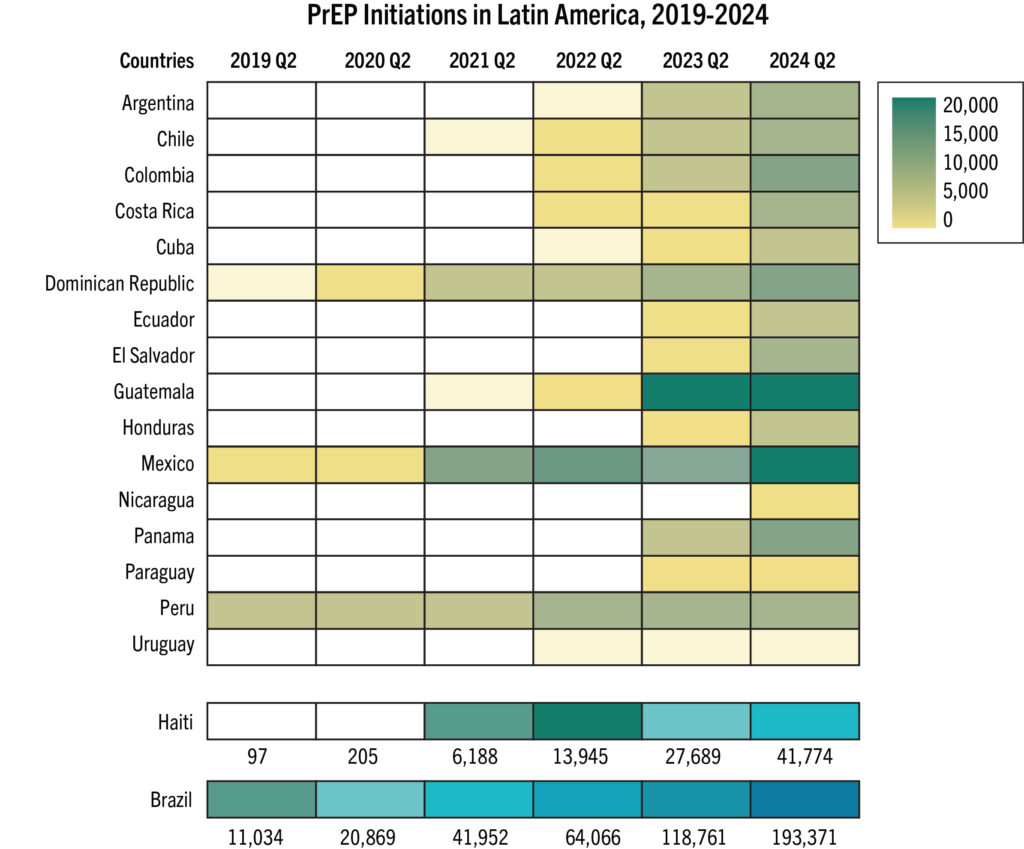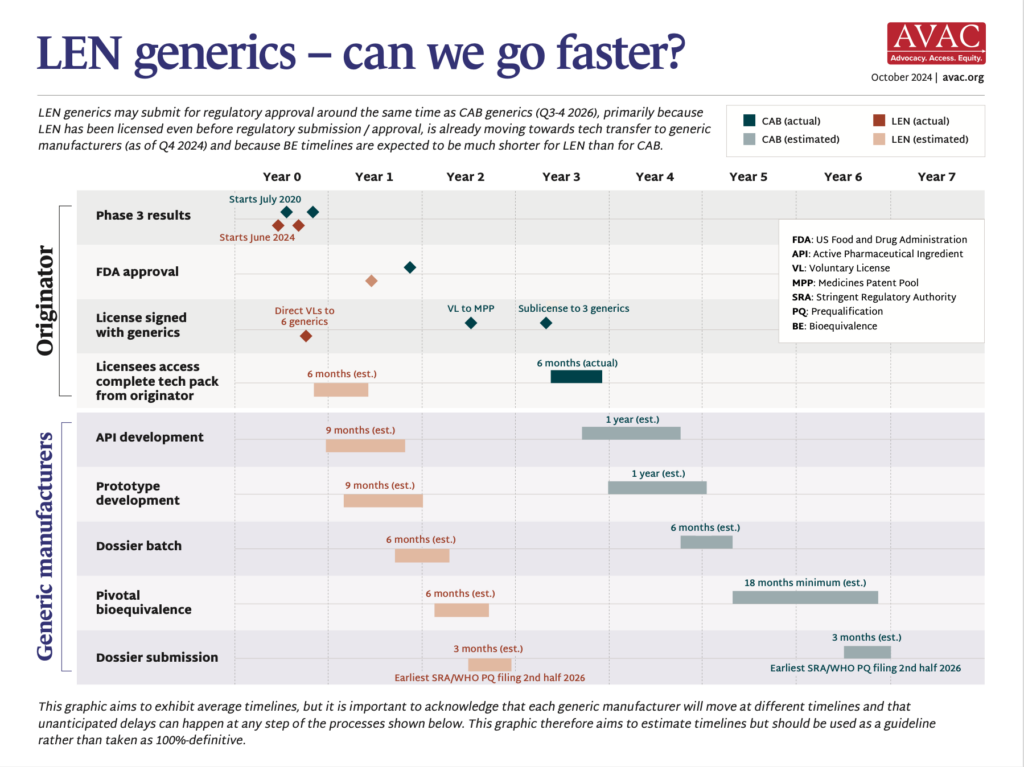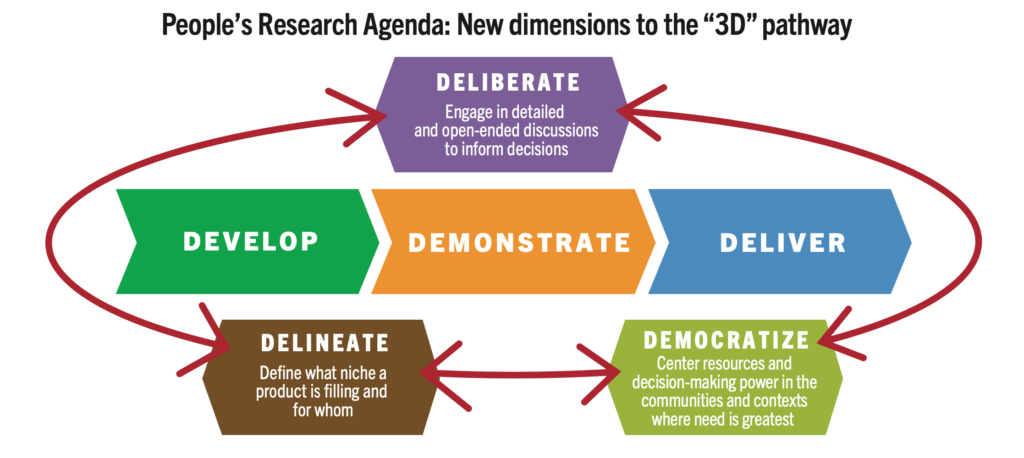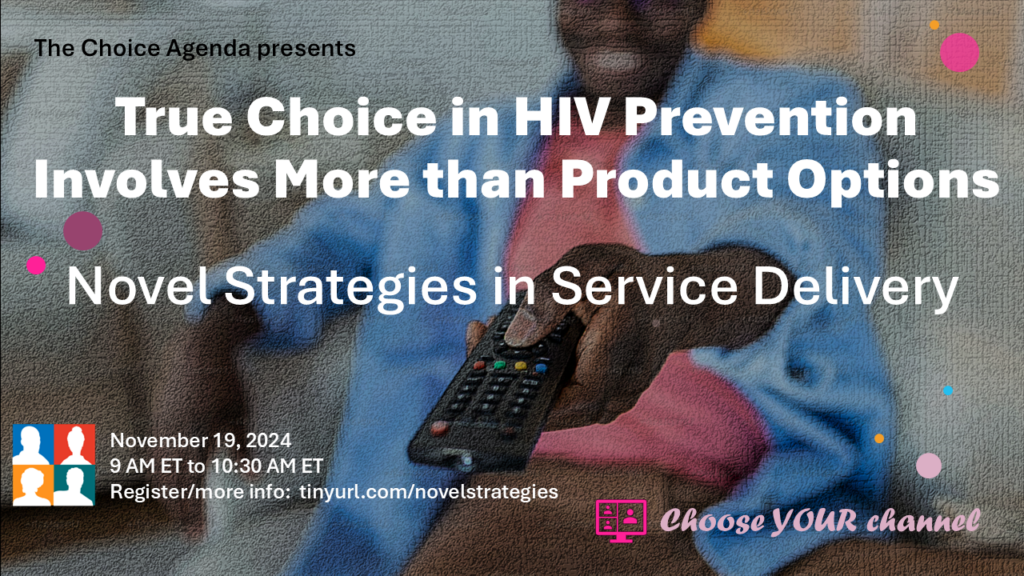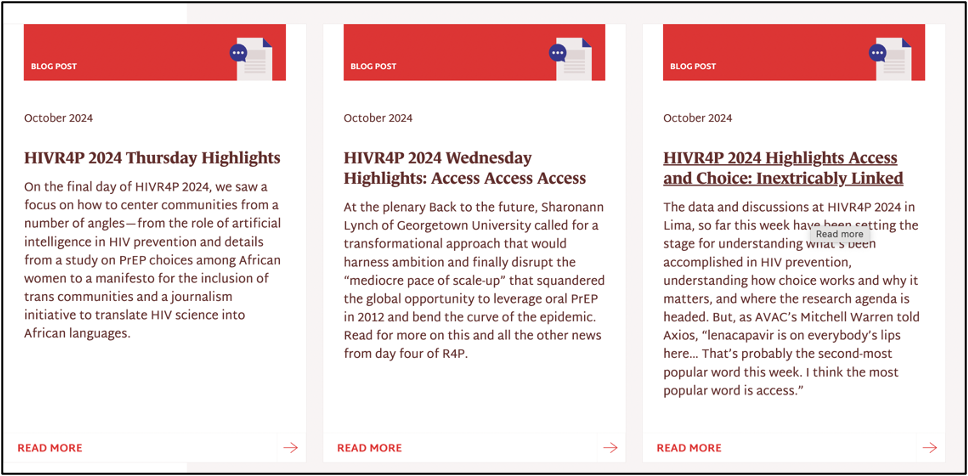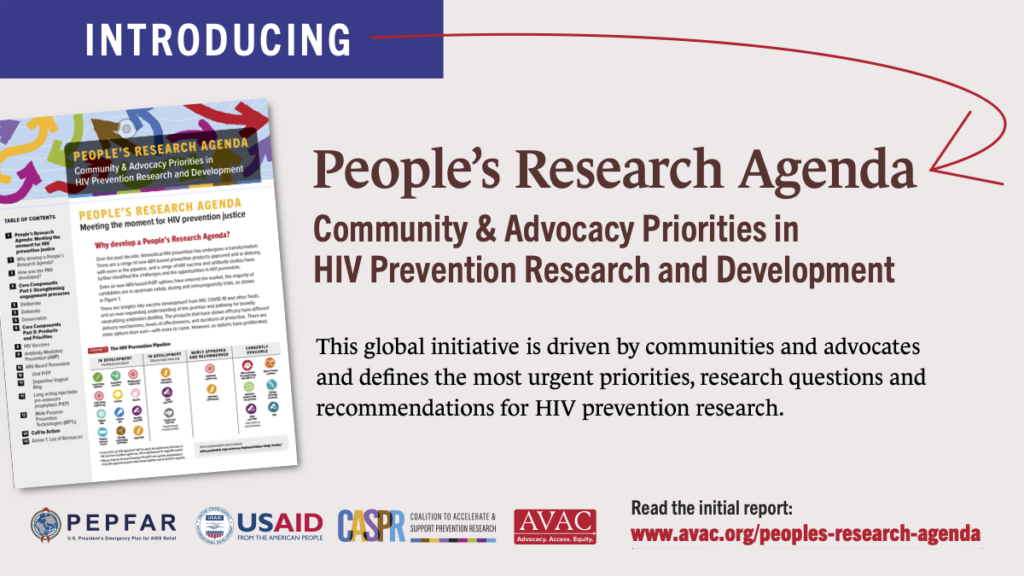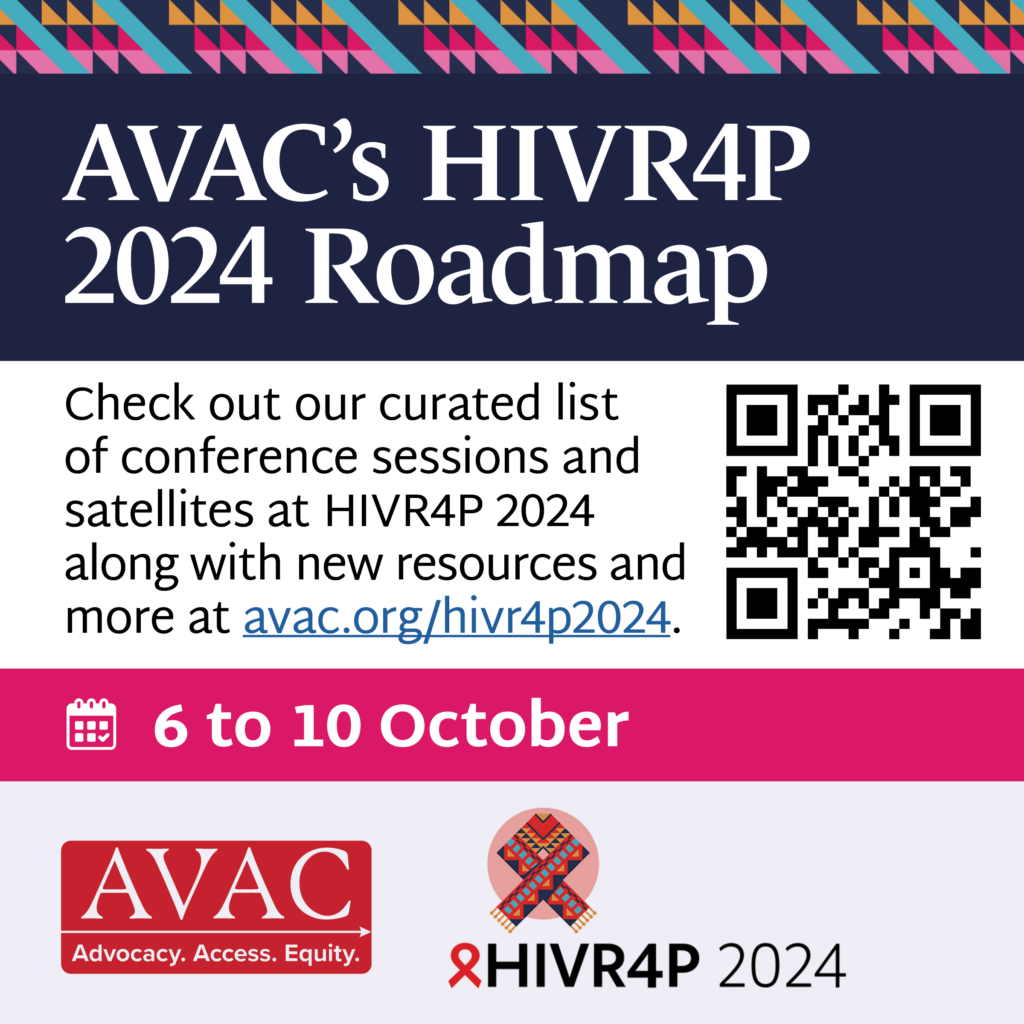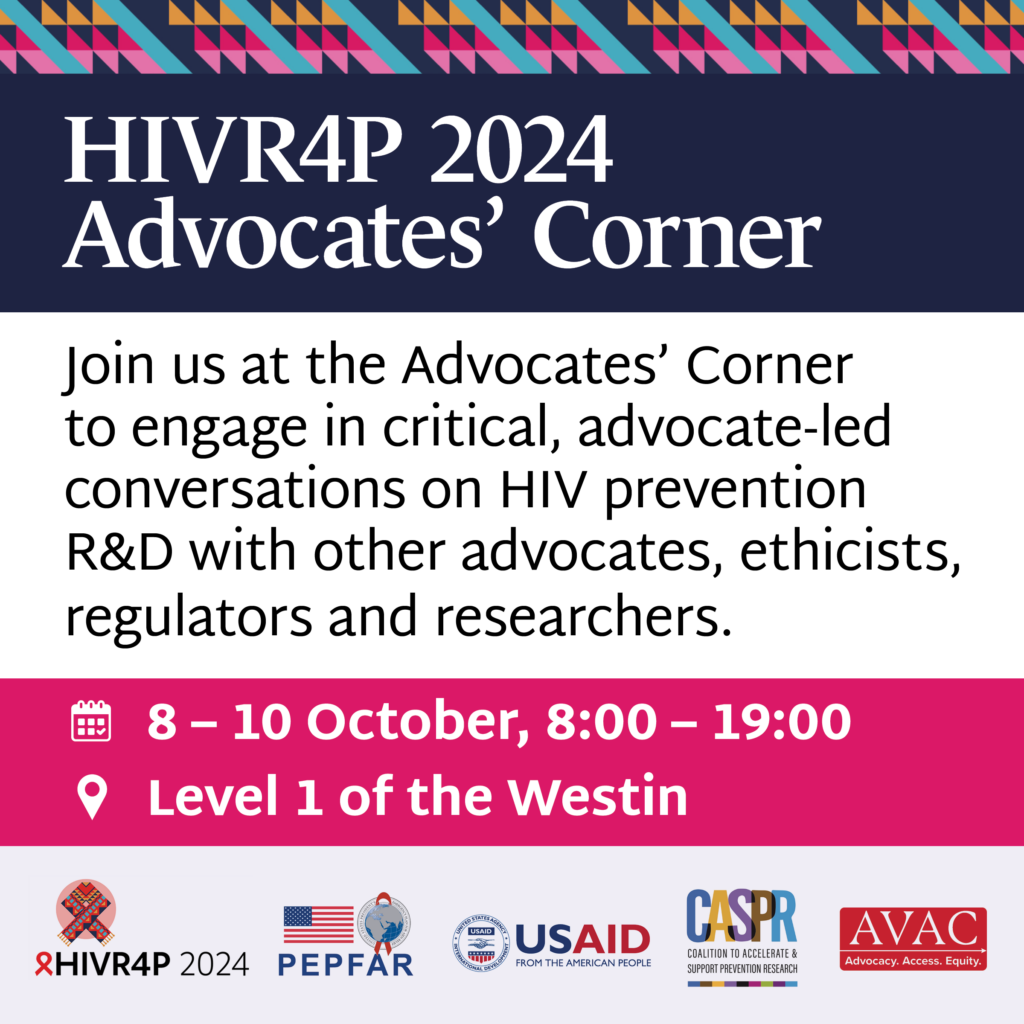Forty years into the epidemic, people are still seeking accurate, reliable information about anal play that isn’t just about HIV and STI prevention. They want to understand how to engage in ways that maximize pleasure and reduce harms beyond infectious disease. Often, they end up encountering harmful myths rather than facts, and then learn by ‘trial and error’.
This 90-minute webinar is appropriate for HIV and STI clinicians, behavioral health workers, social workers, case managers, peers and anyone else with a responsibility for delivering or referring to HIV services like treatment, PrEP, testing and support services.
Participants learned the rationale for why addressing anal pleasure and health is essential in HIV service settings as well as ways to respond to frequently asked questions, including via a new client- and worker-facing website.
Recording I Slides I Resources
Speakers included:
- Bryan Kutner, PhD, MPH, Albert Einstein College of Medicine
- Samuel Anyula Gorigo, Hoymas (Health Options for Young Men on HIV/AIDS and STIs) Kenya
